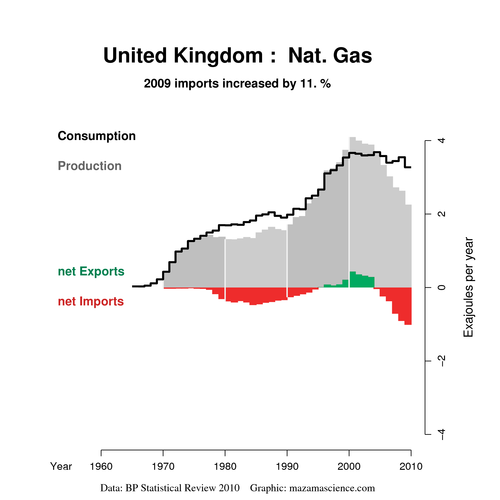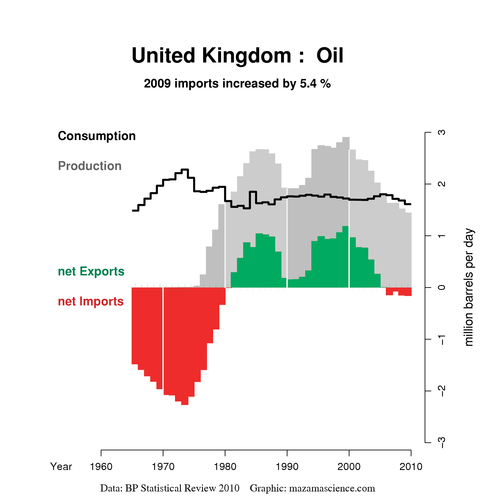England riots: Reaction to another night of disorder
10 August 2011 Last updated at 10:15 ET
...He added: "This has been senseless violence and senseless criminality of a scale I have never experienced in my career before.
Police calm London, but riots flare across UK
LONDON (AP) - Britain will not allow a culture of fear to take over
the streets, Prime Minister David Cameron insisted Wednesday, saying
police have drawn up contingency plans to use water cannons if
necessary.
"We will do whatever is necessary to restore law and order onto our
streets," Cameron said in a somber televised statement. "Nothing is off
the table."
... "We want to make it absolutely clear - they have nothing to protest against,"...
Britain's riots began Saturday when an initially peaceful protest
over a police shooting in London's Tottenham neighborhood turned
violent. That clash has morphed into a general lawlessness in London and
several other cities that police have struggled to halt.
More deaths in English riots
Three men said to have been protecting their local community have
reportedly been run over and killed in Birmingham as riots continue
throughout England.
British Gas voted 'worst energy supplier'
British Gas has been voted the UK's worst energy supplier, according to a
survey by price comparison website uSwitch.Customer satisfaction
remained low for the company despite cutting prices twice this year and
taking a total of £207 off its average energy bill.


The Coming UK Energy Meltdown

Social media plays huge role amidst madness of UK riots
The reasons behind how and why these riots are happening is the
centre of huge debate, one we’re not going to even attempt to join right
now. What we are interested in talking about is the part technology has
had to play in it all.
Although the service hasn’t been shut down, it has been revealed that
the company is providing information to police which has predictably
sparked all sorts of controversy.
Understandably there’s been a lot of frustration and anger vented at
the government and police force due to their lack of action this week.
The opinion that the internet has been much more effective then any
effort from the ‘powers at be’ is one felt by many, this tweet (user
unknown) summed up the mood well we thought:
"if the Big Society exists in things like #riotcleanup, remember that Cameron didn't give us it, the internet did".
Twitter refuses to close accounts of rioters to protect their 'freedom of expression'
By Chris Greenwood and Tim Shipman
Last updated at 2:27 PM on 10th August 2011
Twitter has refused to close the accounts of London rioters who used the
service to spread unrest and insisted that Tweets must 'continue to
flow'.
The US-based company said that 'freedom of expression' was essential and that information would be 'kept flowing'.
Social networks have faced criticism for allowing rioters and looters to
incite violence and public disorder across the country since riots
began last Saturday in Tottenham.
Twitter and BlackBerry Messenger were used by rioters and police have
signaled that they will trawl people's accounts to find offenders.